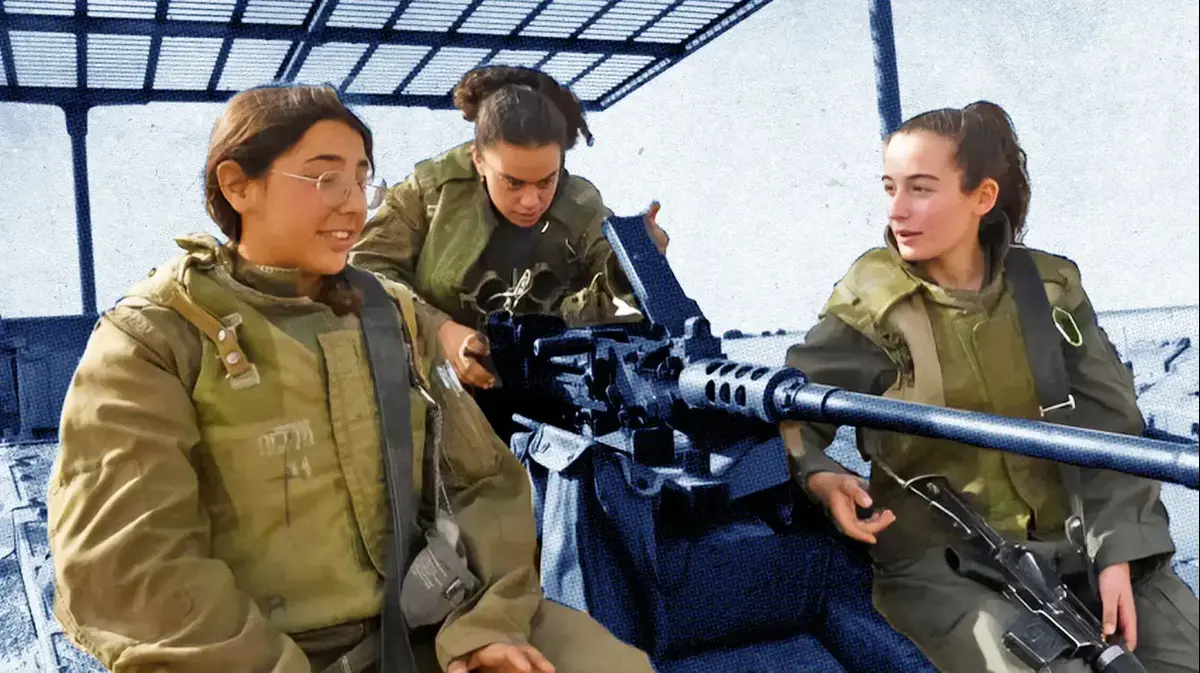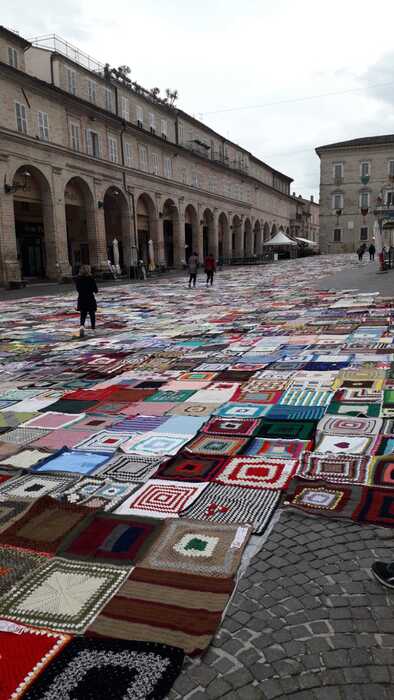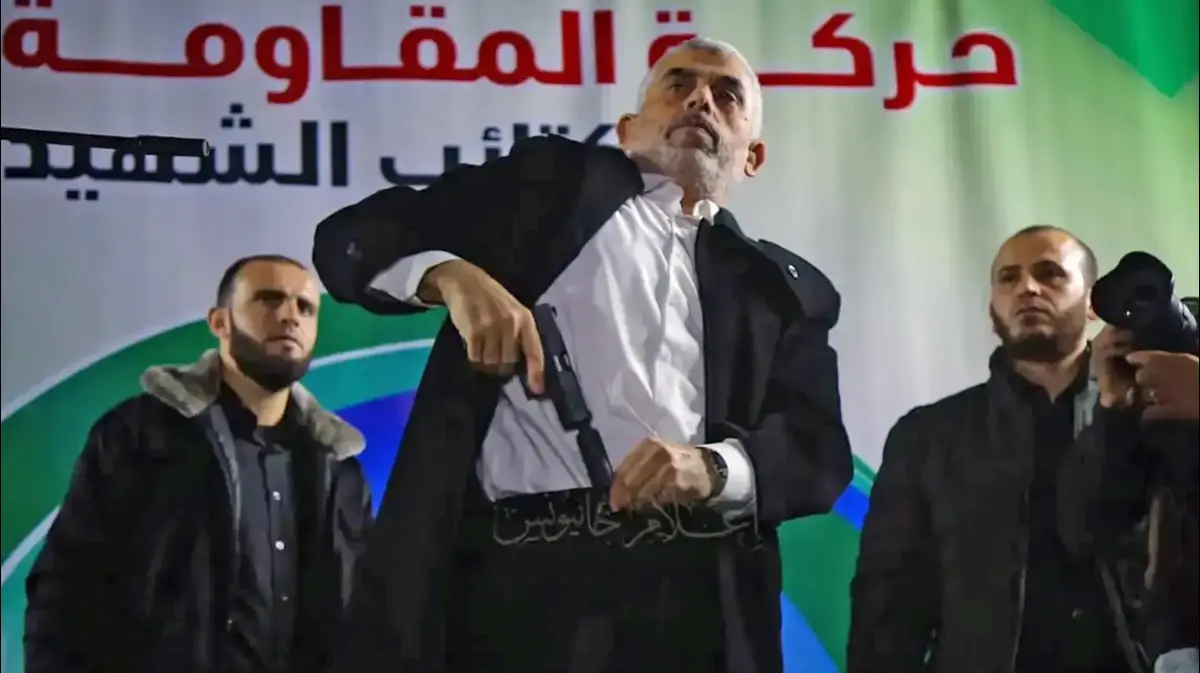It is difficult to separate the aesthetic aspect from the sociological aspect in the debut book by journalist Ariel Horowitz.
In a novel that unfolds the relationship of three generations of religious Zionism and their attitude to the small politics of the sector, each sentence is replete with detail particles that place the characters in a precise social context, and the reader is drawn to the smells, sounds and sights mentioned in them.
Horowitz unfolds the mask of clothing, food, streets and friends that make up the doubtful archetypal and stereotypical personality of each character - the politically active grandfather, the father who edits the newspaper who turns to politics, and the rebellious son who escapes the pinnacles of success and chooses to trade drugs.
The three of them weave together the great story of bourgeois religious Zionism, the one whose leadership of the state is forever the pinnacle of its ambitions.
Relations between the Laufer family are cold and distant.
Each is busy with his own world, which revolves mainly around his personal career: whether it is the grandfather, Menachem Laufer, former director general of the Ministry of Education and the right-hand man of the late leader of the religious Zionist party; From its pillars; even the son, who ostensibly chooses a different path from that of his ancestors, is defined by his career choice - a drug dealer - as the ultimate rebel in the national religious aristocracy to which he belongs.
The drama that drives the book examines the impact of interpersonal relationships on professional choices - how will the son Eitan's illegal rebellion affect his father's new career in politics?
How will the grandfather's long career as a party member affect his son's choice to take over the party leadership?
While boundaries everyone is willing to cross to realize their professional aspiration, and how their choice will affect their attitude towards their family members.
Horowitz's writing is rhythmic, the sentences create a unique melody that the reader is drawn to and the reading of the book is fluid and fast. It is a writing of environmental actions and details, devoid of an inner world. The characters are characterized by their relationship with the outside, with the inside almost completely absent.
The descriptions of the streets in which the characters walk and the foods the characters eat in each episode occupy a much more significant volume of their feelings and thoughts. For example, the meeting between Yoav, who wants to run for party leadership, and the strategic adviser from the United States is described: "You want to win, don't you? Larry Blumenthal told Yoav as they sat, the day after Pesach, at the Mama restaurant. Yoav, who longed to put chametz in his mouth - a whole week snacking on matzah and kosher cookies for Passover, daydreaming about pitas and rolls - moved the meeting with the strategic advisor, scheduled at a cafe in Mamilla, to the small stone house at the beginning of Shmuel Baruch Street. In tahini, and served here with hunger. Obviously I want to win, he said as he chewed and looked at Dawn, who was sitting across from him and perusing the menu. "So you have to renovate your life," Blumenthal said, handing the bowl of pickles to Cindy, his assistant, who was sitting to our right. "
This sociological aesthetic builds characters who are a montage of images soaked in oil and the smell of frying, in a life saturated with spins, pike news and ego struggles, conducted in innocence, almost inadvertently, out of a desire to realize themselves, touch fame, and justify their existence.
The frequent preoccupation with food might have indicated hunger, but in fact it echoes the characters' bourgeois satiety, the desire to find the material rest and possession, which come as benefits to career choices and successes.
Both the grandfather and the father participated in revolutionary actions: Laufer the grandfather founded the renewal circles of the old party and the son Yoav retired from the Maariv newspaper to establish a new and subversive right-wing newspaper.
But the revolutions soon become a pragmatism, a personal defeat in key positions, revealing that the revolutions were nothing but a leap into a coveted position.
The pursuit of the coveted role leads the book’s protagonists to abandon those close to them, to follow them on the altar of their careers, whether in deed or in avoidance and disregard.
Thus, before Yoav turns to politics, he turns to his son and consults with him what he should do.
Son Eitan rejects him and is disgusted by the father's hypocrisy, "No one sees you anyway, so just do what you want, as you always did, always ... Everything turned around Dad, but do not come here and try to consult me and ask me if it's okay, Alef, because you never did it, and it's a little stressful, and Beit, because in the end you will do what you want. "
This dialogue resonates later in the book in a press interview in which Yoav shares that the reaction of Eitan, his eldest son, was the most moving he received, and reveals the little lies that create unbridgeable distances: "Eitan got up," says Yoav in an interview, "Your life, and if it's important to you, and if it's the way to influence, go for it. We are with you."
The misery of the Laufer family is not unique to religious Zionism, it can occur in any other sector.
Horowitz writes about the world he comes from, which he knows until the small nuances, but it is clear that "Toby Beninu" conveys a universal critique of a world laden with ideals that turn out to be hollow, opportunistic and lifeless, of which religious Zionism is perhaps only the ground.
The author Assaf Inbari has previously published an article in which he accepts the minimal contribution, he claims, of religious Zionism to Hebrew culture.
According to him, religious Zionism has not appointed any great Israeli writer or poet.
However, Inbari hangs the future of Hebrew culture on religious Zionism.
While the secular public is detached from Jewish roots, the national-religious carry an ancient cultural charge, and if they connect it to contemporary culture, they will give Israeli culture the depth it may lack, Inbari argues.
In this sense, Horowitz's book does not deliver what Inbari aspires to - great and important literature.
Instead, he seems to be joining Inbari's critique, and a rebellious son seeks to expose the poverty of his ancestors.
But like any son, with all the criticism, the look he takes on his parents is still mingled with slight admiration, even if it smells of herring and dry crackers.
Ariel Horowitz / Toby Beninu, Keter, 238 pages








/cloudfront-eu-central-1.images.arcpublishing.com/prisa/Z4OXSO2IHO67YFUITBGRL2PYYI.jpg)






